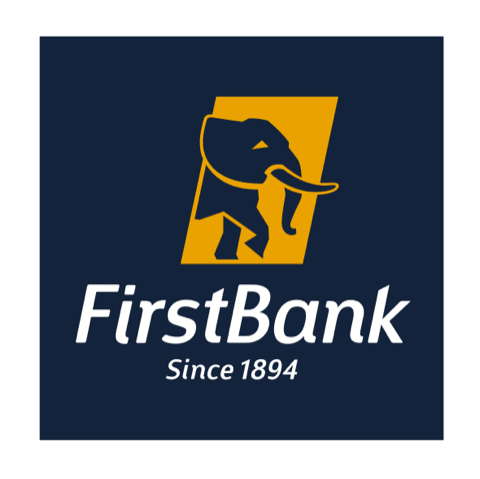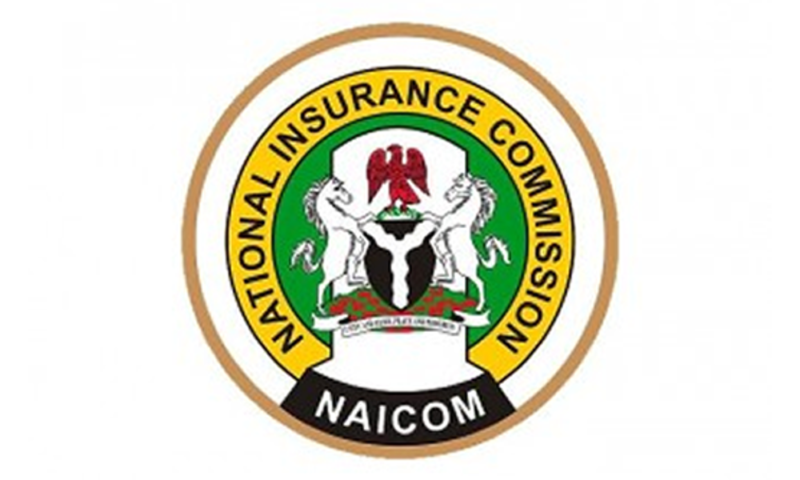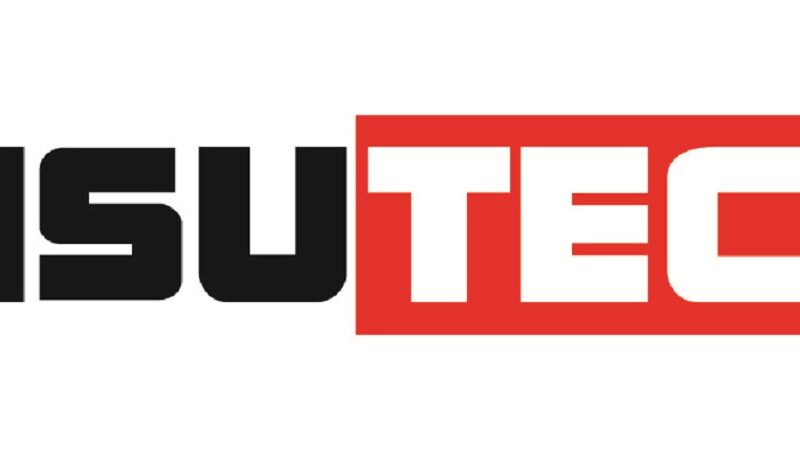FirstBank pays N56bn to Firstmonie agents as commission in 4 years
By Favour Nnabugwu
Nigeria’s leading banks, FirstBank Nigeria Plc, Friday, disclosed of paying N56 billion to FirstMonie agents as commission over four years.
This was made known by the Chief Executive Officer, FirstBank Group, Dr Adesola Adeduntan, in a presentation on ‘Banking for the Common Good’ during the US-Africa Legislative, Legal & Good Governance Conference held in Abuja.
According to Adeduntan, FirstBank is deliberately driving impactful programmes that are necessary to achieve shared prosperity for both current and future generations.
He also highlighted FirstBank’s Common Good Programmes, which include Financial Inclusion; Responsible Lending/Banking; CRS and Sustainability Actions.
He further explained that these programmes cover Agent Banking, FirstMonie, Value Proposition; Women Empowerment; Small & Medium Scale (SME) Business Support and Capability Enhancement Programme; and Employee Volunteer, Start Performing Random Act of Kindness (SPARK), Programme.
Meanwhile, he pointed that Banks’ success and ability to remain sustainable and relevant is intrinsically dependent on the long-term prosperity and wellbeing of the societies that are served.
Besides the core intermediation role of savings-investment linkage, capital allocation, trade development, and foreign exchange facilitation, Banks provide various support for the common good of the society- Employment Generation; Funding the Society; Inclusive Economic Growth; Infrastructure; and Economic Policy.
He said: “Through FirstBank’s Agent banking proposition, the Bank is creating sustainable socioeconomic value and empowering rural communities in unique ways.
“Over 35, 000 of FirstBank’s FirstMonie Agents are women, enabling us drive gender inclusive growth within rural communities
“Over 2 million individuals have been economically impacted via the jobs created through the FirstBank’s FirstMonie agent banking proposition
“Over N56 billion has been paid to agents as commission over the last four years, with the attendant multiplier effect on rural communities
“Over 50 per cent of FirstMonie’s agents are in the rural areas, contributing significantly to the development of the rural economy.
“Significant informal sector/rural area IGR collections across many LGAs are being powered by FirstMonie agents.
“The Agent network covers 772 of 774 Local Government Areas in Nigeria, bringing financial services closer to the people.”
He also assured that the Bank will remain committed to, “Developing tailor-made and scalable business solutions that serve the micro, small and medium scale businesses within the rural economy
“FirstBank empowers micro, small and medium scale businesses with the required finance to play critical roles in investment, growth and employment in their communities.
“Capacity Building through Business advisory clinics / Market storms; Targeted Financial literacy clinic for artisans in rural and semi-urban communities
Sessions delivered in Indigenous Pidgin language; Business Skills for micro, small and medium scale businesses; Basic business skills ( business record keeping, financial management, etc) targeted at micro, small and medium scale businesses in the rural and semi-urban areas
“Specialized and Bespoke Financing Offerings for SMEs; Tailored SME lending solutions for selected sectors, with focus on the agricultural value chain within the rural and semi-urban communities to fuel Nigeria’s economic growth.”
On impacting rural economy he (Adeduntan) said, “FirstBank is positively impacting the rural economy through its CSR and employee sustainability program, Start Performing Acts of Random Kindness (SPARK)
“Impacted the lives of over 20,000 widows and the less privileged in the rural communities, in partnership with International Women Society.
“Impacted over 50 Charities/NGOs that focus on the rural population through support in various initiatives and direct programme sponsorships, and FirstBank employees volunteered to teach financial literacy – over 80,000 students impacted across several secondary schools in both rural and urban areas have been impacted.
“Over 6,000 students in 20 secondary schools in rural areas impacted through awareness creation on the benefits of Acts of Kindness and the need to adopt kindness as a lifestyle.
“Impacted several economically disadvantaged patients and provided economic support to various hospitals in rural and semi-urban communities.
“Provided poverty alleviation support to numerous rural communities in 30 locations across Nigeria.
“Provided state-of-the-art ICT laboratory and perimeter fencing to secondary schools located in targeted rural and semi-urban communities.”
Meanwhile, he added that by supporting and promoting the socio-economic wellbeing of the society, Banks help to build a stronger business environment where everyone benefits.
However, he said, “Banks should continue to focus on the common good by driving inclusive economic growth and promoting the well-being of the society.”




